Natural Language Processing Examples for Business

Written By:
Last Updated Date:
TL;DR
NLP applications like chatbots are transforming customer service. Delta Airline’s NLP chatbot reduced wait times and improved satisfaction. Embrace NLP applications to unlock a world of opportunities for businesses, such as improved customer service, data insights, and operational efficiency!
Key Takeaways
- Efficiency and Responsiveness: Delta Airlines’ Delta Digital Assistant handles thousands of inquiries, improving satisfaction and loyalty.
- Personalized Customer Service: The chatbot offers customized responses, enhancing customer experience.
- Broader Industry Impact: NLP-based chatbots enhance service accessibility, efficiency, and data management across sectors, improving customer experiences.
The Transformation of Delta Airlines

A few years ago, Delta Airlines faced a significant challenge. The airline, known for its outstanding customer service, struggled to manage the overwhelming volume of customer inquiries. Passengers were often frustrated with long wait times, especially during peak travel seasons and flight disruptions. Delta needed a solution to maintain its reputation and improve customer satisfaction.
Using AI and NLP

During an innovation summit, Delta’s CIO, Karen, discovered the potential of Artificial Intelligence (AI) and Natural Language Processing (NLP) to transform customer service. Inspired, Karen led the implementation of an AI-powered NLP chatbot named “Delta Digital Assistant.” This chatbot was designed to handle various customer inquiries, from flight status updates to baggage information and even rebooking flights during cancellations.
Delta Digital Assistant
The introduction of Delta Digital Assistant was a game-changer. The chatbot could manage thousands of inquiries simultaneously, providing instant and accurate responses. Customers were delighted with the quick service, and the human customer service team was relieved of repetitive tasks, allowing them to focus on more complex issues.
Instant Response with AI-Powered Chatbots
Moreover, the chatbot was integrated with Delta’s Customer Relationship Management (CRM) system, providing personalized responses based on customer history and preferences. This customized touch further enhanced customer satisfaction, and Delta saw a significant increase in positive feedback and loyalty.
Personalized Customer Interactions with NLP
Delta’s approach to integrating AI and NLP into their customer service is not unique but part of a broader trend. Experts highlight that NLP-based chatbots significantly enhance service accessibility and efficiency. These chatbots can process and respond to customer queries accurately and promptly, operating around the clock without the limitations of human agents.
Enhancing Service Efficiency with CRM Integration
Furthermore, technologies like text summarization and classification help manage the large volumes of conversational data between service chatbots and customers. These technologies ensure critical issues are prioritized and addressed immediately, improving customer experience.
In addition to handling inquiries, AI and NLP are used to automate customer service queries on social media platforms like Twitter. This real-time sentiment analysis and automated response system can significantly reduce response times and improve customer satisfaction during high-traffic periods.
Retail companies have developed NLP-based chatbots to improve service efficiency and customer satisfaction by providing accurate and timely information. These chatbots help manage customer inquiries about product availability, pricing, and other shopping-related questions.
NLP-Based Chatbots in Action
Moreover, serverless NLP-based ticketing chatbots have been implemented to assist with booking requests and provide real-time assistance, ensuring that customer service is scalable and available 24/7. This approach is crucial for handling the complexity and volume of modern customer service needs.
Delta’s implementation of the Delta Digital Assistant is a prime example of how leveraging AI and NLP technologies can transform customer service, making it more efficient, responsive, and personalized. This transformation helps manage high volumes of inquiries and enhances the overall customer experience, leading to increased loyalty and positive feedback.
The Basics of NLP

NLP, or Natural Language Processing, is a branch of artificial intelligence that focuses on interacting with computers and humans through natural language. It uses computational linguistics, the study of how language works, and various models based on statistics, machine learning, and deep learning to enable computers to analyze and process text or voice data and understand their whole meaning, including the speaker’s or writer’s intentions and emotions.
Imagine talking to your computer or smartphone, which understands you as another person would. This technology allows that interaction, automatically processing and analyzing vast amounts of text data. However, integrating NLP comes with its own set of challenges.
Enhancing User Experience
Interactive Natural Language Processing (NLP) is a newer development. This approach aims to overcome some of traditional NLP’s limitations by making language models more interactive and capable of receiving feedback.
Think of it as having a conversation with an AI that understands you better and learns and adapts from the interaction. These models can interact with humans to personalize responses and align with human values, making the overall user experience more engaging. They can also tap into knowledge bases to provide more accurate and contextually relevant responses and work with other tools to handle complex tasks more efficiently.
Key Applications of NLP
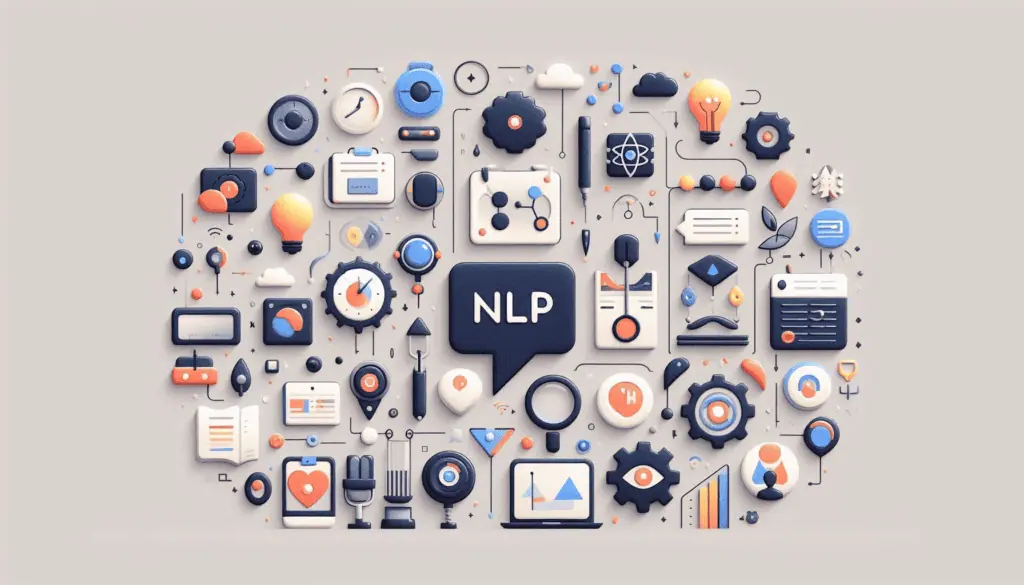
Sentiment Analysis
Businesses use sentiment analysis to gauge public opinion about their products and services. By analyzing social media posts, reviews, and feedback, companies can gain valuable insights into customer satisfaction and areas for improvement.
This helps in making data-driven decisions to enhance customer experience. For instance, combining NLP with machine learning allows companies to handle customer inquiries efficiently, understand whether customers are happy with their products, and maintain a positive company image on digital platforms.
Chatbots and Virtual Assistants
One of the most popular applications of NLP is chatbots and virtual assistants like Siri, Alexa, and Google Assistant. These tools use NLP and deep learning techniques to understand human language and respond to user queries, providing instant support and improving customer engagement.
Imagine asking about your order status and getting an immediate, accurate response without waiting for a human representative. These AI-powered assistants revolutionize customer service by offering quick, reliable information and support.
Machine Translation
Google Translate and other translation services rely heavily on NLP to break language barriers. By translating text from one language to another, these tools help in global communication and make information accessible to a broader audience. This is particularly useful for businesses operating in multiple countries, allowing them to communicate effectively with customers and partners worldwide.
Email Filtering
Email platforms like Gmail use NLP for spam detection and filtering. By analyzing the content of emails, NLP algorithms can distinguish between spam and legitimate messages, ensuring that users’ inboxes remain clutter-free and secure. This means you spend less time sorting through unwanted emails and spam filters and focusing more on what’s important.
Text Summarization
Automated text summarization is a boon for professionals needing to process large volumes of information quickly. In addition to text summarization, keyword extraction is another critical NLP task that helps identify the most relevant terms in a document. NLP techniques can condense long articles or reports into concise summaries, highlighting the key points and saving valuable time. This is especially useful for executives and business leaders who must stay informed but have limited time to read lengthy documents.
Healthcare Applications
In healthcare, NLP extracts relevant information from patient records, clinical notes, and research papers. This helps diagnose diseases, personalize treatment plans, and conduct medical research. For example, NLP can analyze patient feedback to identify common symptoms and improve diagnostic accuracy. By leveraging NLP, healthcare providers can offer patients better, more personalized care.
NLP Use Cases Beyond Business
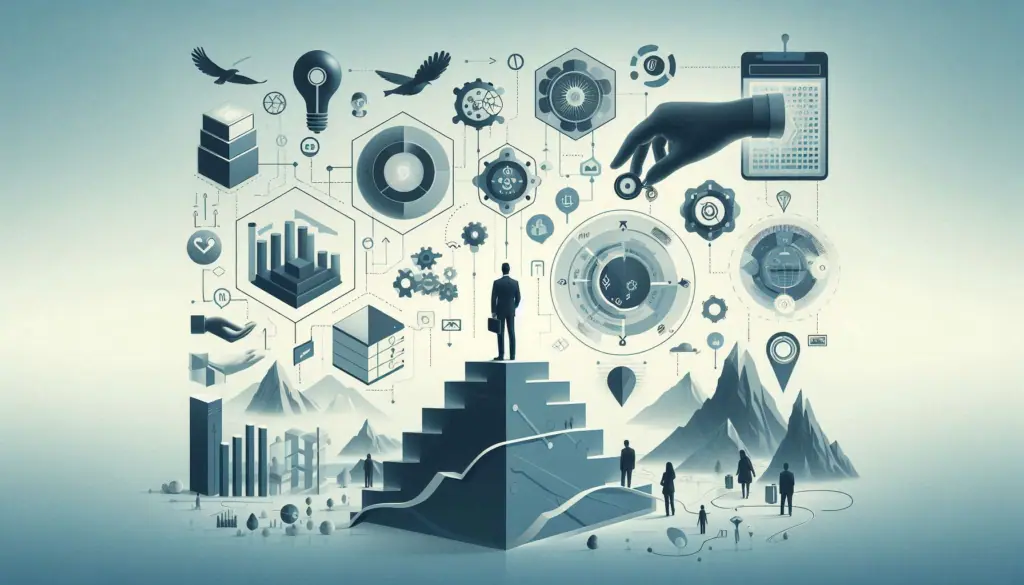
Natural Language Processing (NLP) has applications that extend far beyond the business world. These uses are transforming various sectors by enhancing communication, automating processes, and providing valuable insights.
Healthcare

NLP is revolutionizing healthcare by enabling the extraction of meaningful information from patient records, clinical notes, and research papers. For instance, IBM’s Watson for Oncology uses NLP to help oncologists analyze patient data and recommend personalized treatment plans.
Additionally, NLP is used in telemedicine to transcribe and analyze doctor-patient conversations, improving diagnostics and patient care. This application helps make complex clinical data more accessible and useful for healthcare providers.
Education
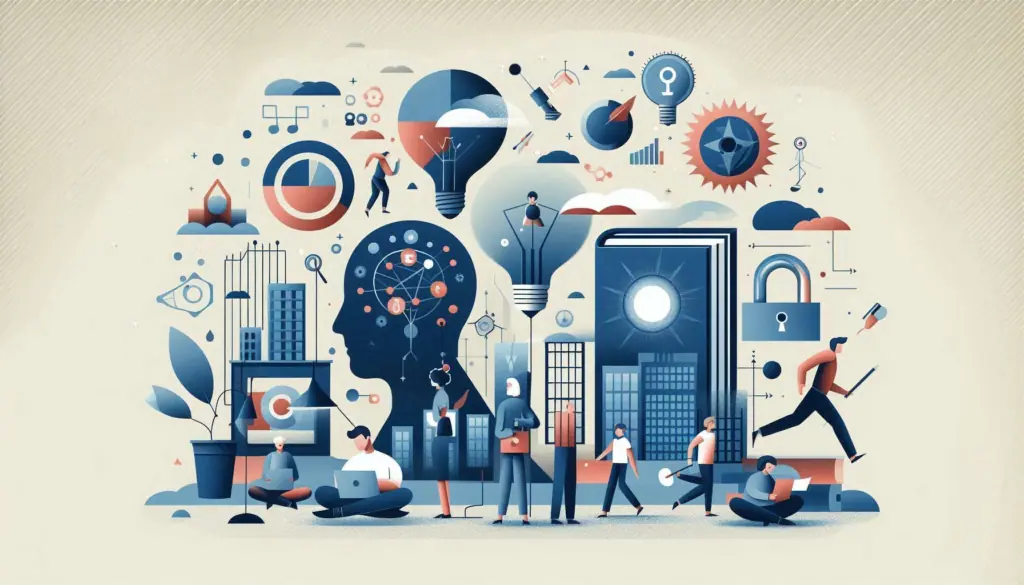
In education, NLP tools develop intelligent tutoring systems that provide personalized learning experiences. These systems can assess student performance, offer feedback, and adapt lessons to meet individual needs. Additionally, NLP aids in automating administrative tasks such as grading essays and generating reports, significantly reducing educators’ workload and allowing them to focus more on teaching.
Legal Sector
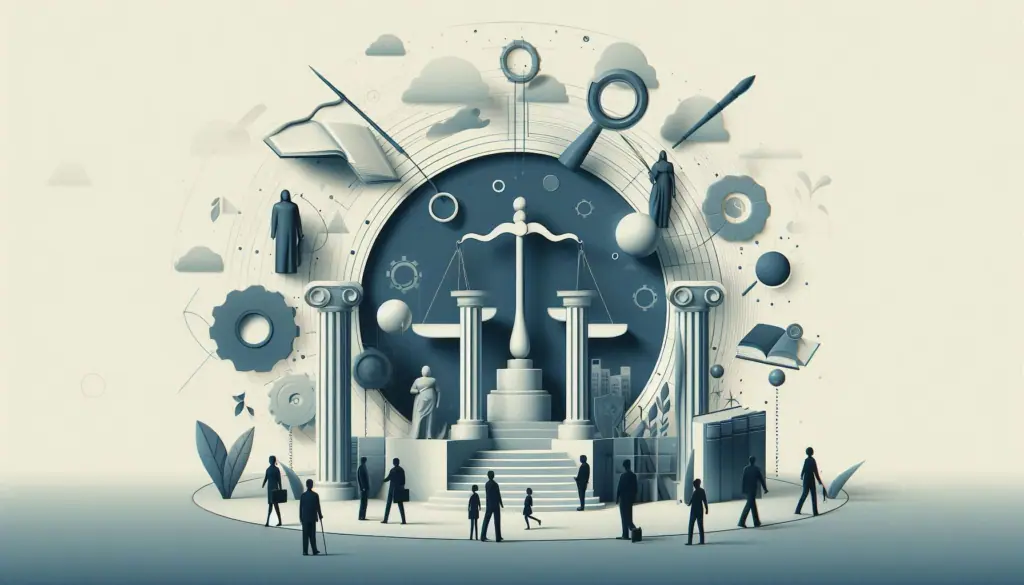
NLP analyzes legal documents, making it easier for lawyers to find relevant information and precedents. Tools like ROSS Intelligence use NLP to enhance legal research by understanding complex queries and providing accurate legal references. This improves efficiency in legal research and helps lawyers prepare for cases more effectively.
Environmental Science
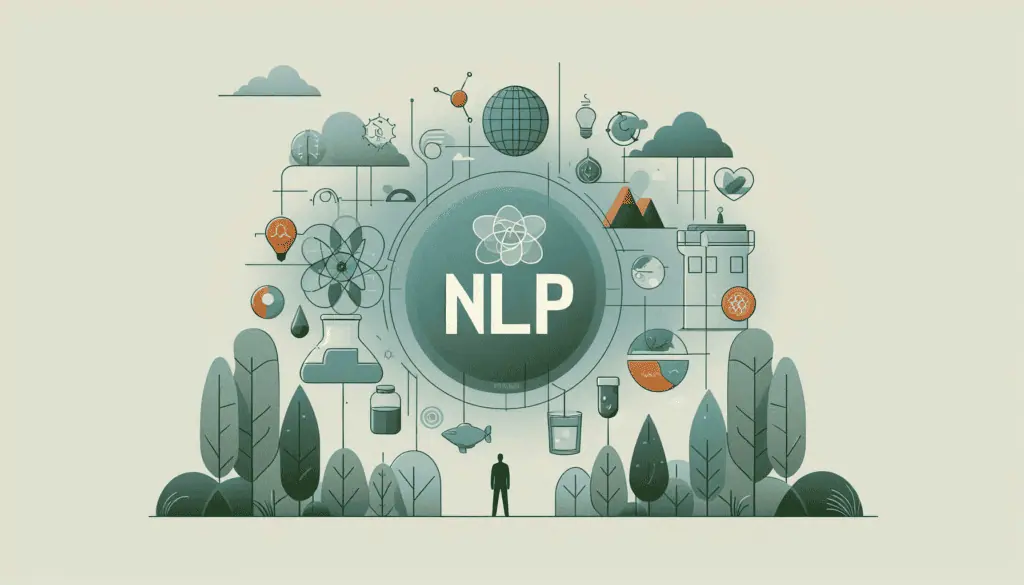
Researchers are using NLP to analyze large datasets from scientific literature and environmental reports. This helps identify trends and extract actionable insights for addressing climate change and conservation efforts. NLP facilitates sifting through vast amounts of text data to find relevant information that can guide environmental policies and actions.
Benefits of NLP in Business

Improved Customer Interaction
Enhanced communication through chatbots and virtual assistants. These AI-powered tools use NLP to understand and respond to user queries, providing instant support and improving customer engagement. For instance, NLP techniques for automating responses to customer queries enable businesses to offer prompt and efficient customer support without human intervention.
Data-Driven Insights
Better understanding of customer sentiment and market trends. By analyzing vast amounts of unstructured data, NLP helps businesses gain valuable insights into customer opinions and market dynamics. This allows companies to make informed decisions based on real-time data. For example, using NLP in marketing can extract meaningful information from text data to improve customer satisfaction and increase conversions.
Increased Efficiency
Automated email filtering and text summarization save time and resources. NLP can help streamline various business processes by automatically categorizing and summarizing large volumes of text. This saves time and ensures that important information is quickly accessible. An article discussing the applications of NLP in e-business highlights how these technologies can enhance efficiency across different business functions.
Global Reach
Breaking language barriers with machine translation. NLP-powered translation services like Google Translate make it easier for businesses to communicate with international clients and partners. This expands their reach and helps them operate smoothly across different regions. NLP’s role in automating responses and translating content into translated languages is crucial for businesses catering to a global audience.
Real-world examples of NLP

Imagine chatting with your devices, and they get you perfectly knowing what you need and responding right away. Sounds like a movie, right? But it’s real, thanks to Natural Language Processing (NLP).
Whether it’s a personal assistant helping with your to-do list or a translation service breaking down language barriers, NLP is changing the way we connect with technology. Let’s look at some real-life examples of how NLP is transforming our world.
Amazon Alexa

Amazon leverages NLP extensively through its virtual assistant, Alexa. Alexa uses NLP to understand and respond to user queries, manage smart home devices, and provide weather updates, news, and more. Alexa continuously improves its understanding and response accuracy by analyzing millions of voice commands daily.
Additionally, Amazon uses NLP for sentiment analysis to gauge customer feedback on its vast products, helping the company enhance its customer service and product offerings.
Google Translate

Google Translate is a prime example of NLP in action. It translates text from one language to another, breaking down language barriers for millions of users globally. Google uses sophisticated NLP algorithms to understand the context and nuances of languages, providing accurate translations. Google also employs NLP in its search engine to make search engines better understand user queries and deliver more relevant search results.
Microsoft

Microsoft’s AI and NLP tools are embedded in various products, such as Microsoft Word and Outlook. These tools help with grammar checking, predictive text, and email sorting. Microsoft’s Azure Cognitive Services also provides NLP capabilities to developers, enabling them to integrate language understanding, text analytics, and translation into their applications.

Facebook uses NLP for content moderation and sentiment analysis. By analyzing posts and comments, Facebook can detect and remove harmful content, such as hate speech and misinformation. Additionally, NLP helps Facebook understand user sentiment, allowing the platform to improve user experience and engagement.
X ( Formerly Twitter)

X uses NLP to monitor and analyze tweets in real-time. NLP helps Twitter detect spam and abusive content, ensuring a safer and more pleasant user experience. It also uses sentiment analysis to track public opinion on various topics and events.
Apple Siri
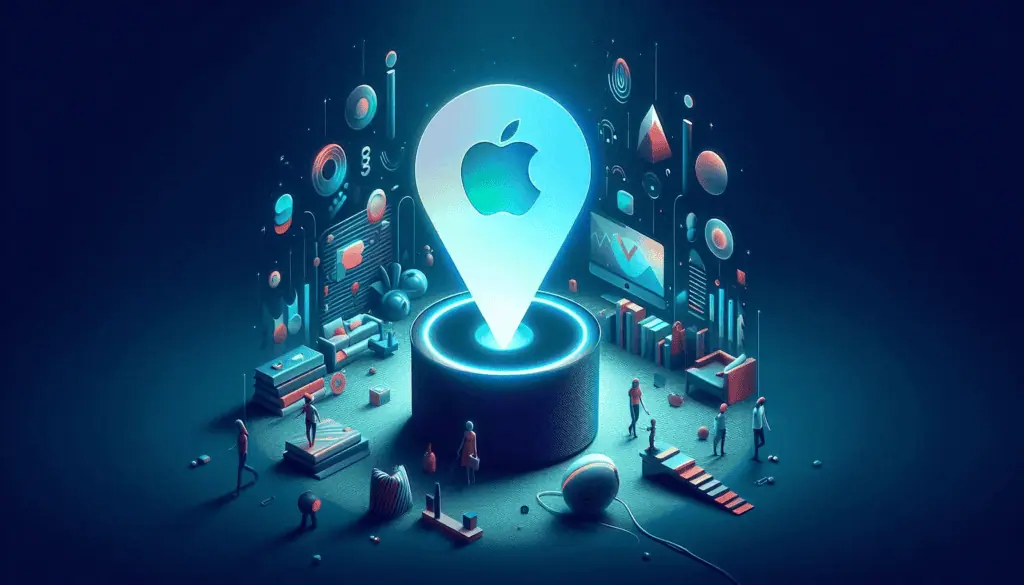
Apple’s Siri is another example of NLP in action. Siri also utilizes natural language generation to produce human-like responses based on its input. Siri uses NLP to understand and process voice commands, allowing users to interact with their devices through speech. It and smart assistants can set reminders, send messages, and provide information on various topics.
SAP

SAP uses NLP in its enterprise software solutions to improve business processes. NLP helps SAP software understand and respond to user queries, automate routine tasks, and provide insights from large datasets. This enhances the efficiency and effectiveness of business operations.
Salesforce Einstein
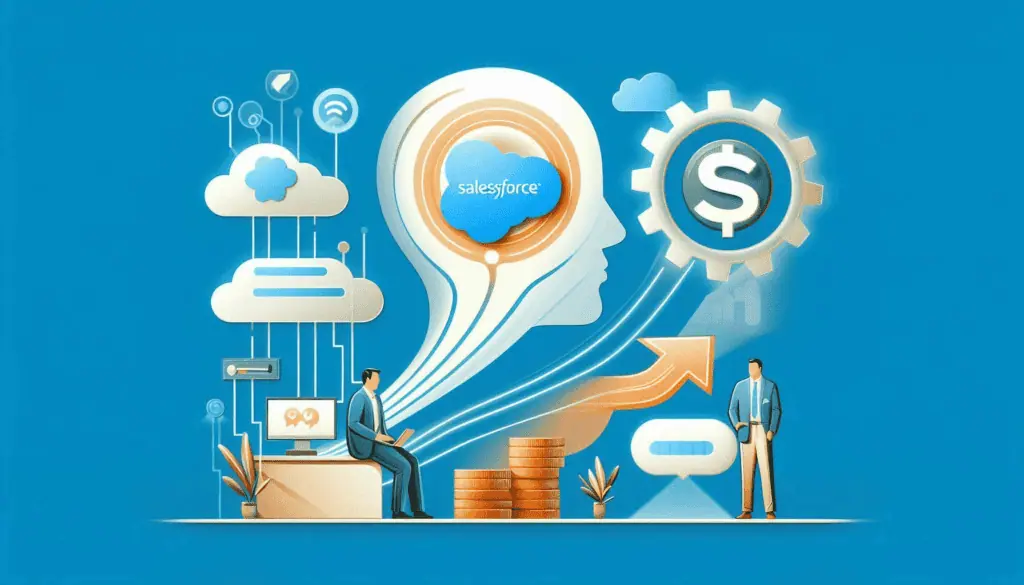
Salesforce integrates NLP into its CRM platform to provide advanced analytics and insights. NLP helps Salesforce analyze customer interactions and feedback, identify trends, and make data-driven decisions, improving customer relationship management and business outcomes.
Spotify

Spotify uses NLP to enhance its music recommendation system. By analyzing song lyrics, user playlists, and listening habits, Spotify’s NLP algorithms can understand music preferences and suggest songs users will likely enjoy. This personalization increases user engagement and satisfaction.
Ethical Considerations of NLP

While NLP offers numerous benefits, it also raises important ethical issues that must be addressed to ensure responsible and ethical use.
Privacy Concerns
NLP applications often require access to large amounts of personal data, raising concerns about privacy and data security. Companies must ensure that data collection and processing comply with privacy regulations and protect user’s sensitive information.
Bias and Fairness
NLP models can inadvertently learn and propagate biases in the training data, leading to unfair and discriminatory outcomes. Identifying and mitigating these biases is crucial to ensure that NLP systems are fair and equitable.
Ethical Use of AI
The deployment of NLP systems in areas such as surveillance and law enforcement raises ethical questions about potential misuse and abuse. Clear guidelines and regulations are needed to govern the ethical use of NLP and AI technologies.
The Future of NLP

The future of NLP looks promising, with advancements in AI and machine learning driving continuous improvements in the field.
Enhanced Language Understanding

Future NLP systems will have a deeper understanding of language context, allowing them to handle more complex queries and provide more accurate responses. This will enhance applications in customer service, healthcare, and more.
Multimodal NLP

Combining NLP with other AI technologies, such as computer vision and robotics, will lead to the development of multimodal systems. These systems can understand and process information from multiple sources, such as text, images, and speech, providing more comprehensive solutions.
Democratization of NLP

Advancements in NLP tools and platforms will make it easier for non-experts to develop and deploy NLP applications. This democratization will drive innovation and enable a broader range of industries to benefit from NLP technologies.
Robustness and Security
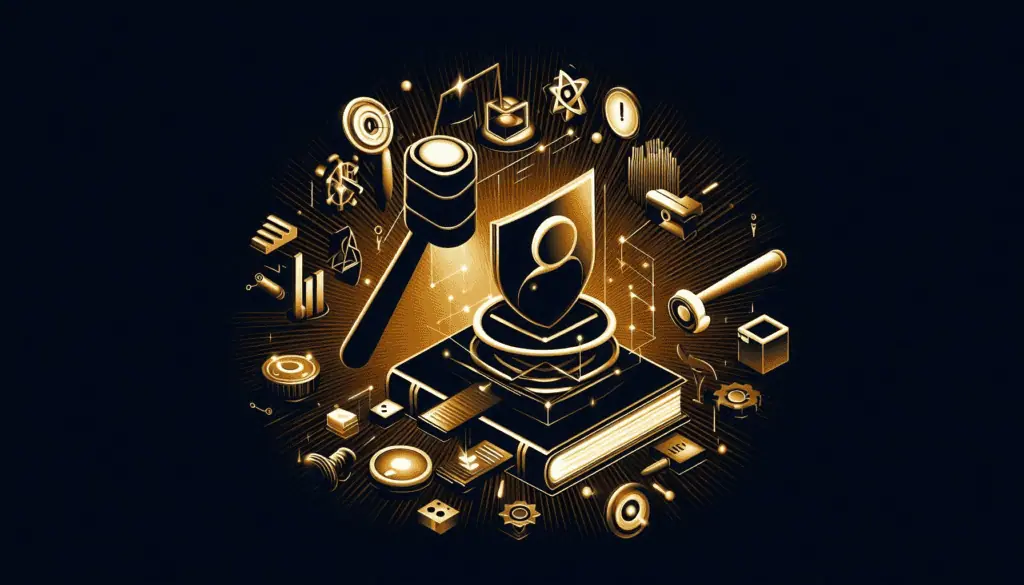
Future research will focus on making NLP models more robust and secure, capable of handling adversarial examples and other threats. Ensuring the reliability of NLP systems will be critical for their deployment in sensitive areas such as healthcare and finance.
Conclusion
NLP (Natural Language Processing) is changing the game for businesses. It allows machines to understand and respond to us, like with chatbots and machine translation.
This is leading to better customer service, research breakthroughs, and more. Businesses can gain valuable insights, improve operations, and deliver top-notch customer experiences using NLP tools like sentiment analysis and text summarization. The future is NLP-powered, so don’t wait! Integrate NLP applications and unlock a world of opportunity.
Frequently Asked Questions (FAQ)
I’m a Data Enthusiast and Content Writer with a passion for helping people improve their lives through data analysis. I’m a self taught programmer and has a strong interest in artificial intelligence and natural language processing. I’m always learning and looking for new ways to use data to solve problems and improve businesses.






